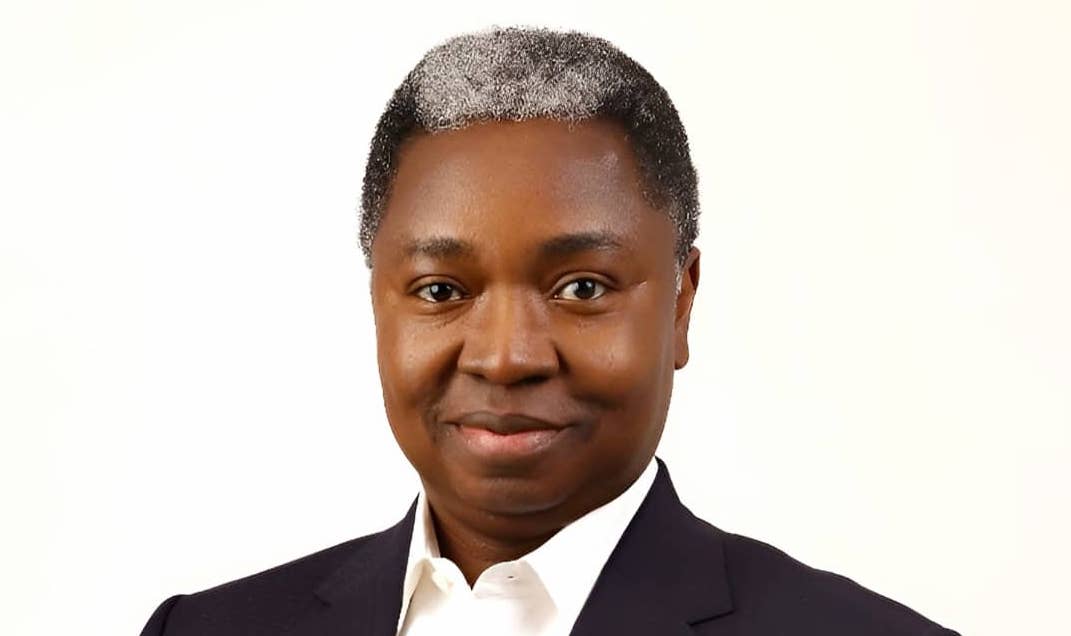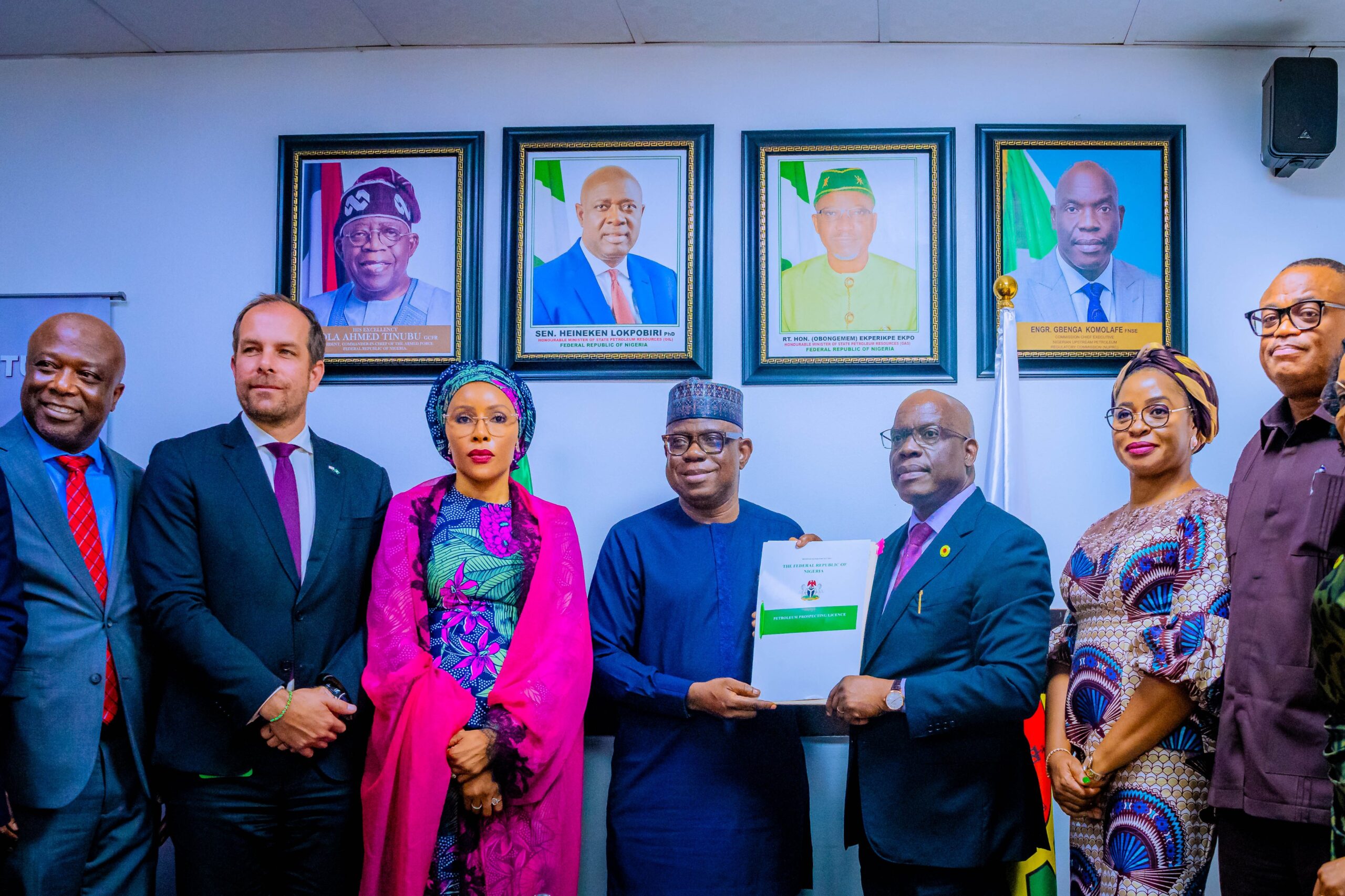Dangote Refinery: One Year, One Refinery, A Nation Transformed
Dangote Refinery: One Year, One Refinery, A Nation Transformed
By Abiodun Alade
In just 12 months, the Dangote Petroleum Refinery has shifted Nigeria from fuel importer to regional energy supplier, stabilised its currency, slashed fuel costs, and sparked an industrial revival. As Africa’s largest refinery marks its first year of operation, it stands as a bold symbol of private ambition driving national transformation.
One year ago today, a long-standing paradox began to unravel in Nigeria.
For decades, despite being Africa’s largest oil producer, Nigeria was heavily reliant on imported refined petroleum products, particularly Premium Motor Spirit (PMS), commonly known as petrol. While the country exported crude oil, it re-imported fuel at a premium, creating a costly and unsustainable cycle. The result was predictable: fuel scarcity, long queues, ballooning import bills, subsidy scam, smuggling of petrol and a national economy perpetually tethered to global oil market volatility.
But on 3 September 2024, that story began to change with the commencement of production of petrol at the Dangote Petroleum Refinery, a privately built megaproject that has, in a single year, begun to redefine the country’s energy landscape and with it, much of the broader economy. The refinery is also producing diesel, jet fuel, and Liquefied Petroleum Gas (LPG) among other products.
From Scarcity to Surplus
Located on the edge of the Atlantic in the Lekki Free Trade Zone just outside Lagos, the $20 billion refinery is the largest single-train facility, capable of processing 650,000 barrels of crude oil per day. Its commissioning last year was heralded as a potential turning point for Nigeria. Twelve months on, such optimism was not misplaced.
Fuel shortages, once a near-ritual during holiday seasons and election cycles, have largely disappeared. Petrol as well as diesel, and cooking gas prices have dropped, stabilising transport and household energy costs. In a country where inflation has been stubbornly high, this has offered a rare and tangible form of relief.
Moreover, Nigeria has remarkably shed its label as Africa’s top fuel importer, a title it held for decades. That distinction now belongs to South Africa.
President Bola Ahmed Tinubu hailed the refinery as “a remarkable achievement” and “a phenomenal project of our time,” underscoring its significance to Nigeria’s industrial and economic growth.
“This is more than what you see; it’s about what you can envision and build,” says Pan African Banker and Fintech expert, Patrick Akinwuntan. “Dangote’s success with this refinery teaches us that audacious leadership can overcome the biggest obstacles”
A Lifeline for the Naira
The refinery’s influence extends beyond fuel pumps and tank farms. By significantly reducing Nigeria’s reliance on fuel imports, the country has saved an estimated $25–$30 billion annually in foreign exchange, a staggering amount for an economy frequently grappling with currency crises.
This shift has helped stabilise the Naira, which has gained modest ground against major currencies for the first time in years. With less demand for dollars to pay for refined fuel imports, the Central Bank has found some breathing space in managing exchange rate volatility.
Furthermore, by exporting surplus refined products to neighbouring West African nations, the refinery has created a new stream of foreign exchange earnings, contributing to a rare surplus in Nigeria’s balance of payments in early 2025.
In September 2024, the governor of the Central Bank of Nigeria (CBN), Yemi Cardoso, stated that lifting petrol from the refinery can turn around Nigeria’s dollar-starved economy
“This is also expected to moderate foreign exchange demand for importation of refined petroleum products, with a positive spillover on external reserve and improvement in the overall balance of payment position,” he added.
He added that CBN Monetary Policy Committee expressed optimism that it will moderate transportation costs and significantly support the easing of food price pressures in the short to medium term.
GDP Growth and Job Creation
The refinery is projected to add approximately $15 billion annually to Nigeria’s GDP, representing a vital infusion of real sector growth at a time when the economy is still recovering from the shocks of the COVID-19 pandemic, multiple currency devaluations, and a costly fuel subsidy phase-out.
On the employment front, over 570,000 direct and indirect jobs have been created through the refinery’s operations and its wider value chain, including logistics, supply services, maintenance, and construction. Entire communities have emerged around the facility, supported by new roads, power infrastructure, and water systems that were previously non-existent.
More Than Oil: A Platform for Industrialisation
Beyond the numbers, the Dangote Refinery is repositioning Nigeria for deeper industrial development. By producing key by-products such as polypropylene, base oils, and jet fuel, the facility is stimulating growth in manufacturing, plastics, aviation, lubricants, and agro-processing.
It has also become a centre for skills transfer and technological learning, offering on-the-job training to thousands of Nigerian engineers and technicians who previously lacked access to advanced refining technology. In a country where “brain drain” is a persistent issue, this represents a quiet but critical investment in human capital.
“The Dangote Group has become a nurturing ground for Nigerian engineers, scientists, and technicians, many of whom have gone on to work as expatriates in various countries,” noted Funmi Sessi, chairperson of the Nigeria Labour Congress, Lagos State chapter.
She noted that this is not just about oil. It’s about knowledge, competence, and sovereignty.
The Road Ahead
While the refinery’s first year has delivered much-needed progress, the road ahead is not without hurdles. Crude oil supply consistency, export logistics, and continued importation of substandard petroleum products persist.
Still, for many Nigerians, the shift from energy dependency to relative stability is nothing short of monumental.
“One year in, and it’s already hard to imagine going back to how things were,” says Energy analyst Ibukun Phillips. “For once, the future feels like something we can build not just wait for.”
A New Chapter for Nigeria and Africa
As the world’s energy landscape evolves, Nigeria’s success in refining its own crude and exporting surplus fuel offers lessons for other resource-rich but import-dependent countries across the Global South. The Dangote Refinery is no silver bullet, but it is a powerful demonstration of what can happen when ambition, capital, and execution align in the right place at the right time.
President of the Economic Community of West African States (ECOWAS) Commission, Dr Omar Touray, lauded the refinery as a “beacon of hope for Africa’s future” and a demonstration of what the private sector could achieve in driving regional industrialisation.
In one year, one refinery has shifted the trajectory of a nation. And it may only be the beginning.
•Abiodun, a communications specialist writes from Lagos
The post Dangote Refinery: One Year, One Refinery, A Nation Transformed appeared first on THISDAYLIVE.
By Abiodun Alade In just 12 months, the Dangote Petroleum Refinery has shifted Nigeria from fuel importer to regional energy supplier, stabilised its currency, slashed fuel costs, and sparked an
The post Dangote Refinery: One Year, One Refinery, A Nation Transformed appeared first on THISDAYLIVE.


